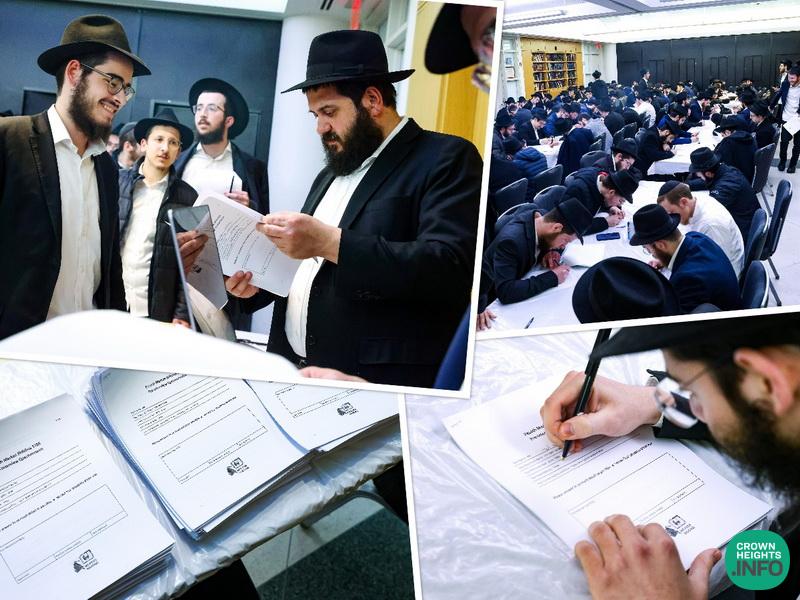
Bochurim Face Rigorous Testing Ahead of Largest Pesach Merkos Shlichus Yet
As Pesach approaches, preparations are underway for the largest Pesach Merkos Shlichus to date, with over 800 bochurim being dispatched to lead Sedarim around the world. The process began with a comprehensive written test—focused on real halachic knowledge and the practical challenges they’ll encounter in the field.
In addition to the written exams, the bochurim were interviewed by Rabbi Shneur Nejar, Merkos Shlichus coordinator, and Rabbi Mendy Kotlarsky, who has taken on the role of his father, Rabbi Moshe Kotlarsky OBM — entrusted by the Rebbe to carry, sustain, and expand the Merkos Shlichus initiative.
“Since the earliest days of the Nesius, both Mivtza Matzah and Merkos Shlichus were exceptionally dear to the Rebbe,” said Rabbi Mendy Kotlarsky. “The Rebbe personally distributed shmurah matzos, sent them to individuals around the world, as well as reviewed detailed reports from the bochurim who traveled on Merkos Shlichus. Today’s efforts are a continuation of that care and responsibility—to ensure every Jew is able to celebrate Pesach in the most meaningful way.”
The exam includes complex, real-world scenarios. Bochurim are expected to know how to kosher modern ovens that use electronic sensors, how to respond if chometz is discovered on Pesach or when a well-meaning guest brings a bottle of whiskey to the Seder table. These aren’t abstract questions—they reflect the unpredictable realities bochurim face in cities across the globe, and demand halachic clarity, emotional readiness, and presence of mind that only comes from proper preparation.
“This isn’t just about information,” said Rabbi Shneur Nejar, director of Merkos Shlichus. “It’s about confidence. It’s about being the one person in the room who can respond calmly and correctly—because someone needs to.”
Over 70 years ago, the Rebbe declared that every Jew should receive hand-baked shmurah matzah, spearheading the vision for today’s global outreach efforts. This Pesach, Chabad Houses worldwide are anticipating an influx of participants. In recent months, there’s been a dramatic surge in Jewish curiosity and connection, and the Merkos Shlichus network is scaling accordingly.
Among the many destinations, Chabad of Peru—known for hosting the largest seder in South America—is expecting thousands of participants. Bochurim will also be heading to Brazil, Nigeria, Zimbabwe, and throughout Europe, where many Shluchim are still supporting thousands of Ukrainian refugees. From remote cities to major hubs, the goal is the same: no Jew left behind.
Coordinating this effort—assigning each pair of bochurim to a location, arranging travel, managing local logistics—is a round-the-clock operation. The Merkos Shlichus office continues to ensure that each team is matched thoughtfully and strategically.
This year’s deployment carries special weight, coming in the first year since Rabbi Moshe Kotlarsky’s passing. Entrusted by the Rebbe to sustain and expand Merkos Shlichus, for decades, he was the face and force behind Merkos Shlichus—interviewing, mentoring, and pushing for more expansive seders and new locations.
“The Rebbe entrusted us with the responsibility to bring Pesach to every Jew,” Rabbi Kotlarsky said last year. “If even one person who wouldn’t have been able to celebrate now has a meaningful and proper Pesach, it’s all worth it.”
Over the years, thousands of bochurim have been dispatched by Merkos L’inyonei Chinuch to hundreds of communities worldwide, echoing the Rebbe’s timeless call to reach the “fifth son”—the Jew not at the table—not out of defiance, but because no one ever reached out. This year, with the largest squadron ever deployed, they are carrying forward a mission that began over 70 years ago and bringing the message and joy of the Festival of Freedom to Jews everywhere.
Partner in the mission: merkosshlichus.com/donate
Photos: Itzik Roitman/Merkos
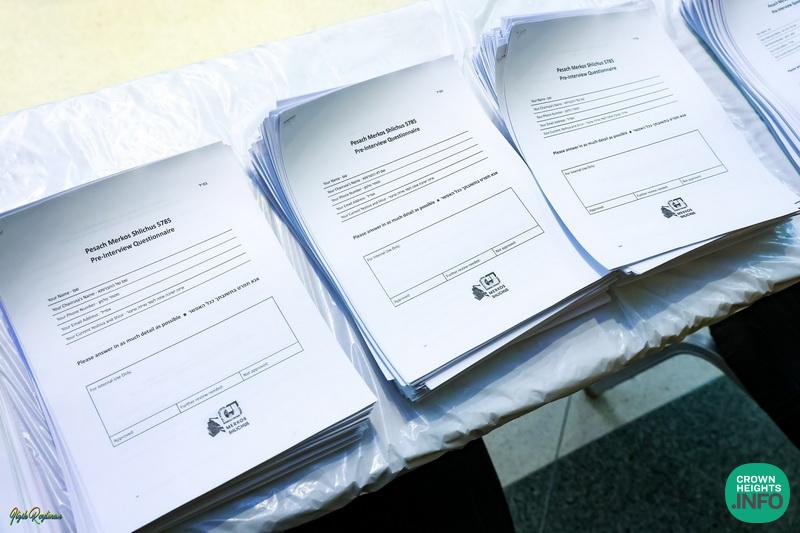
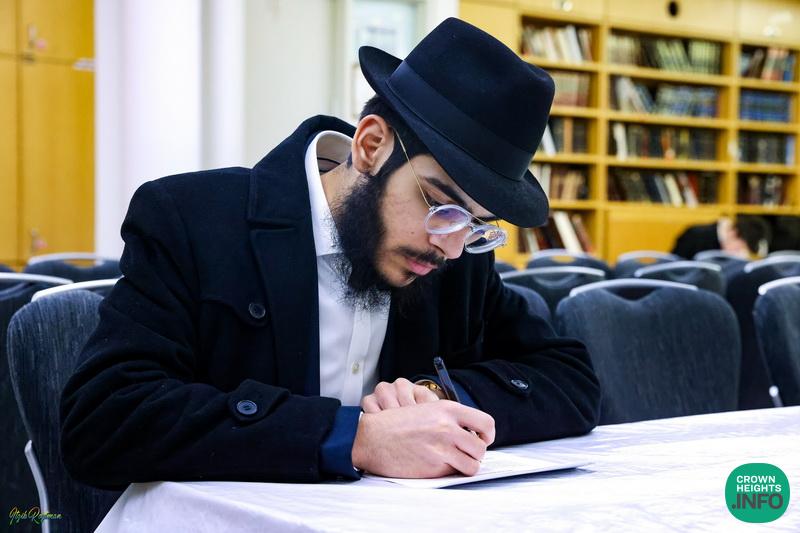
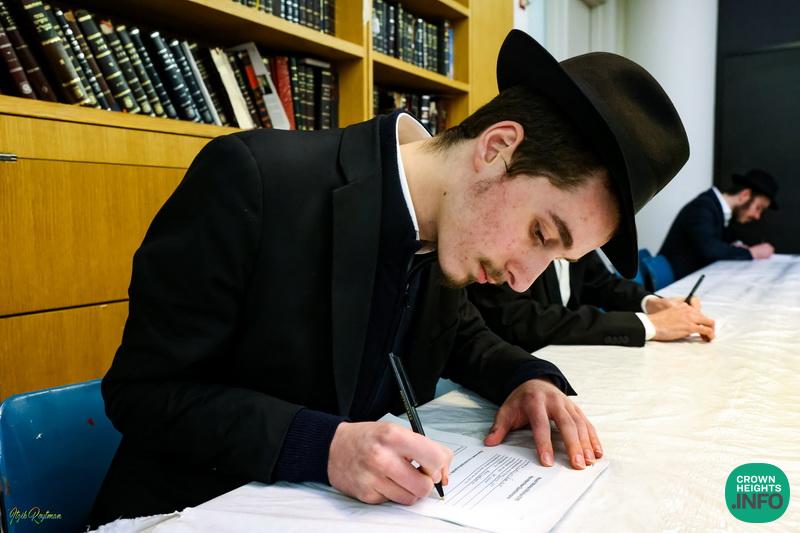
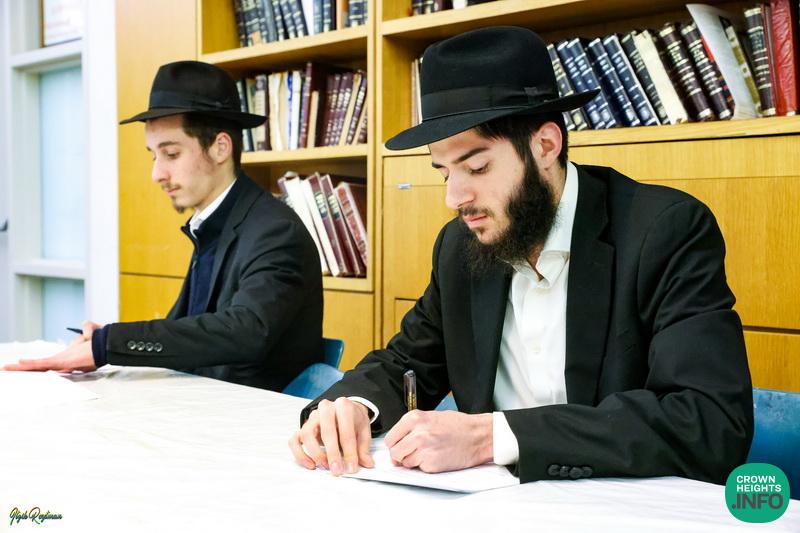
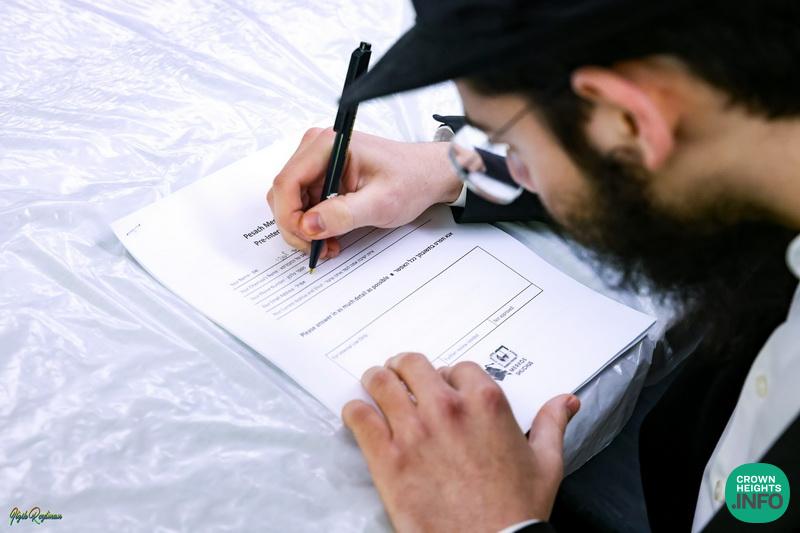
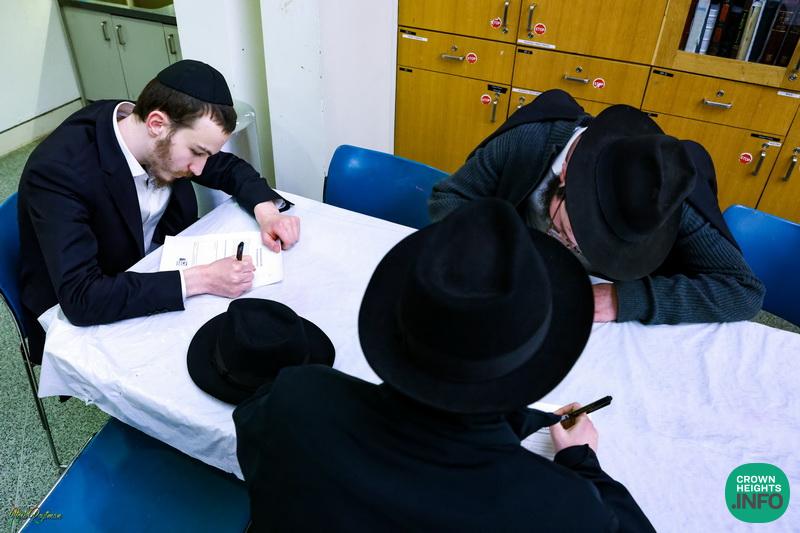
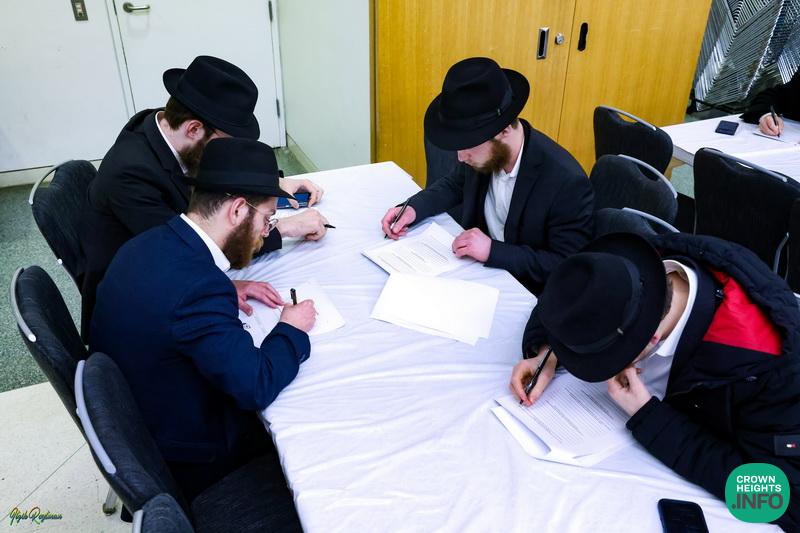
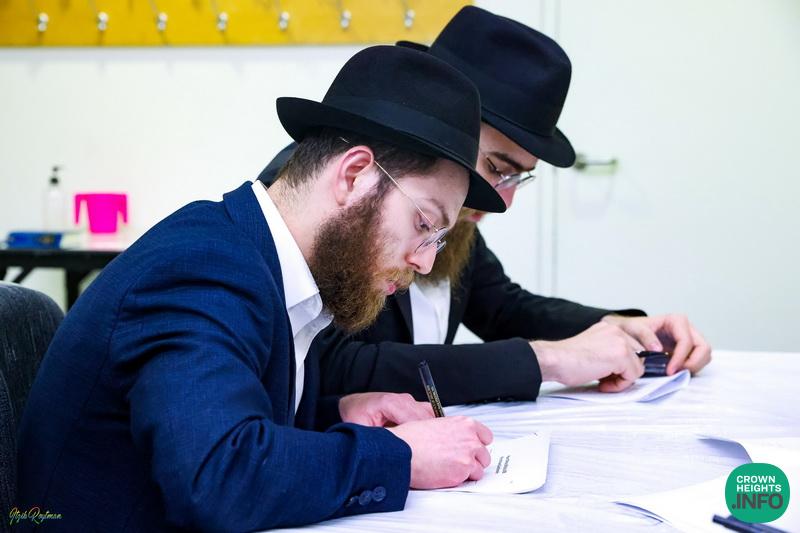
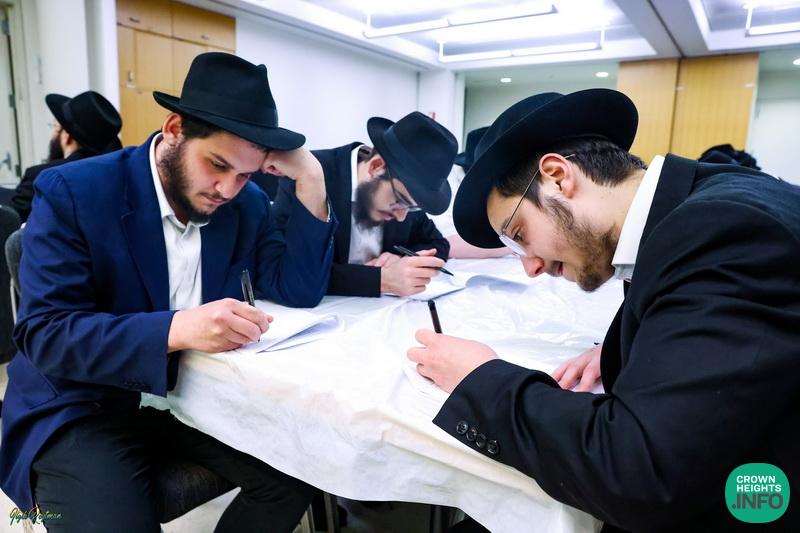
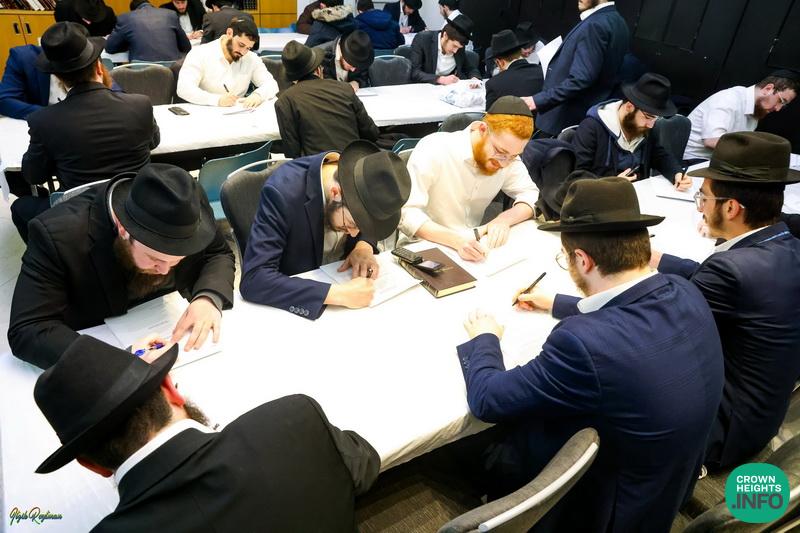
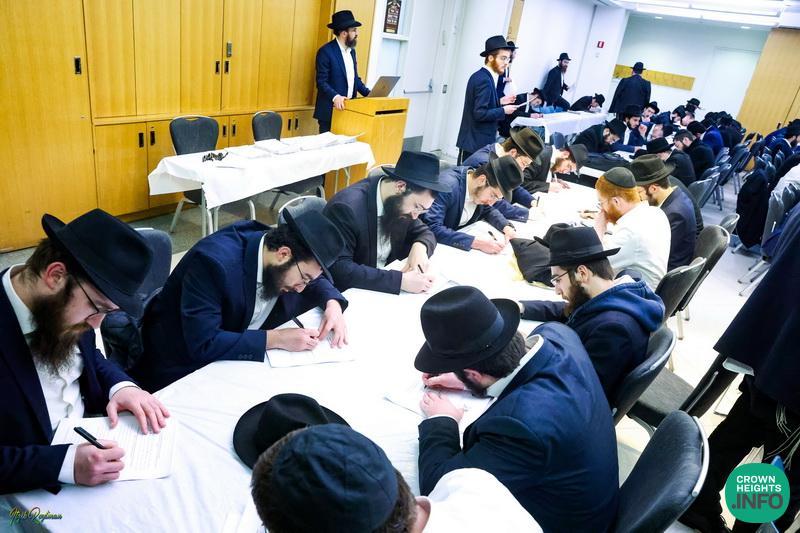
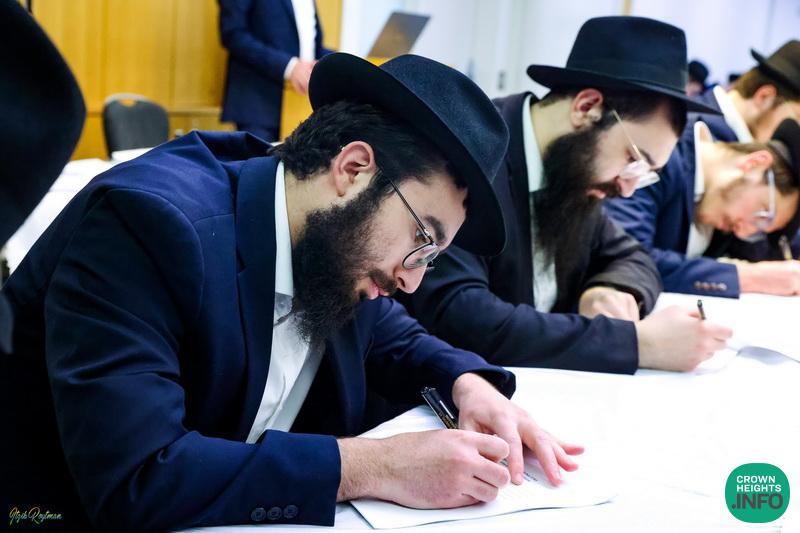
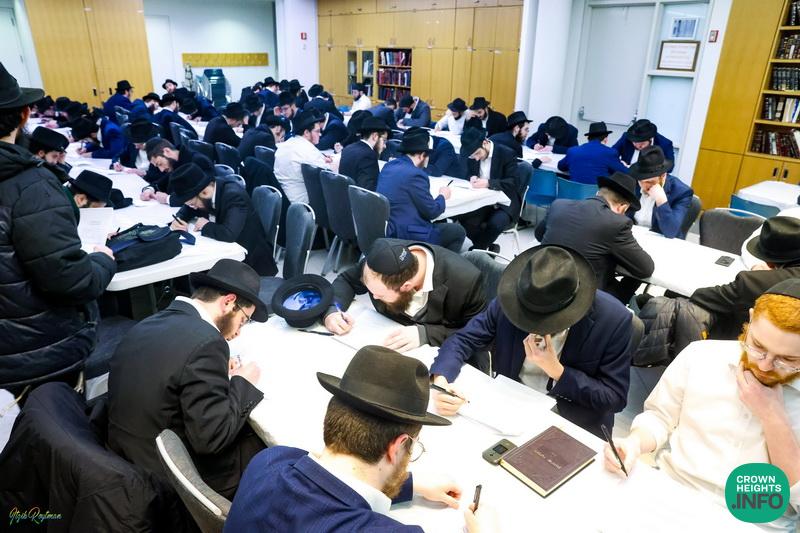
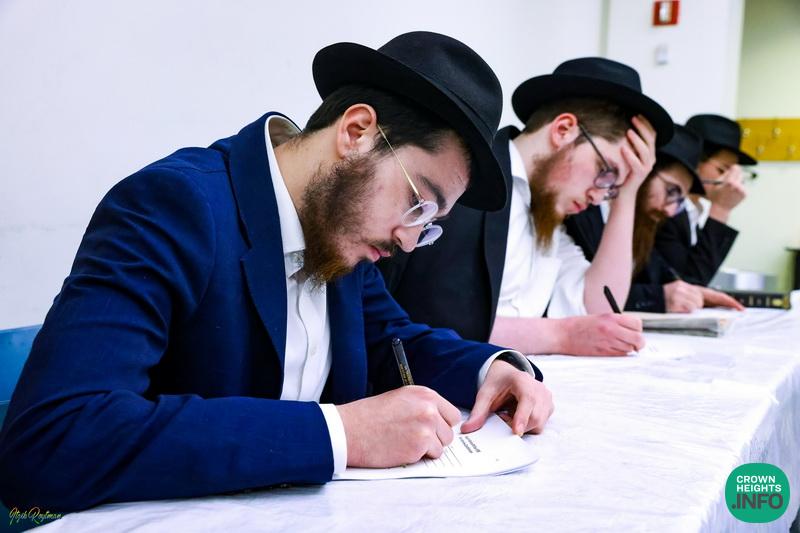
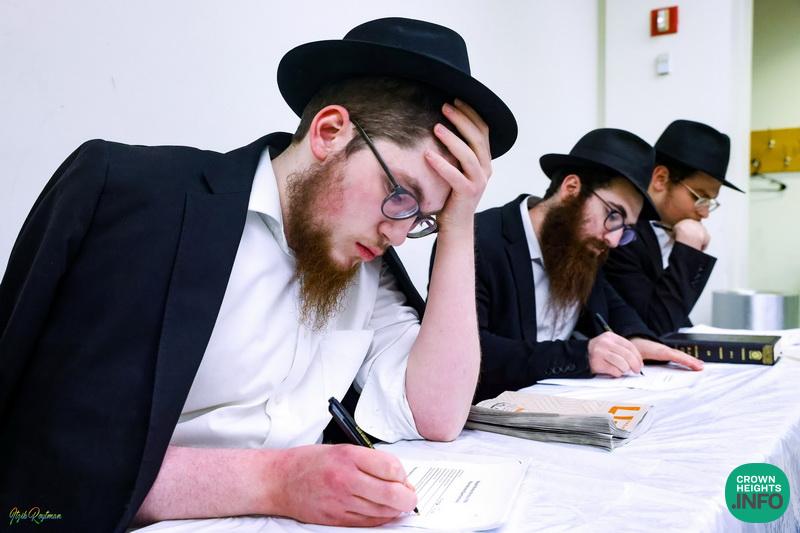
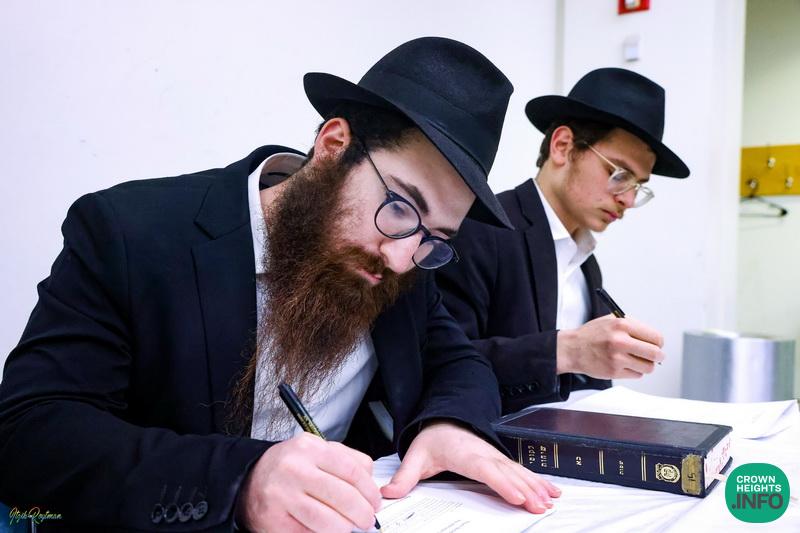
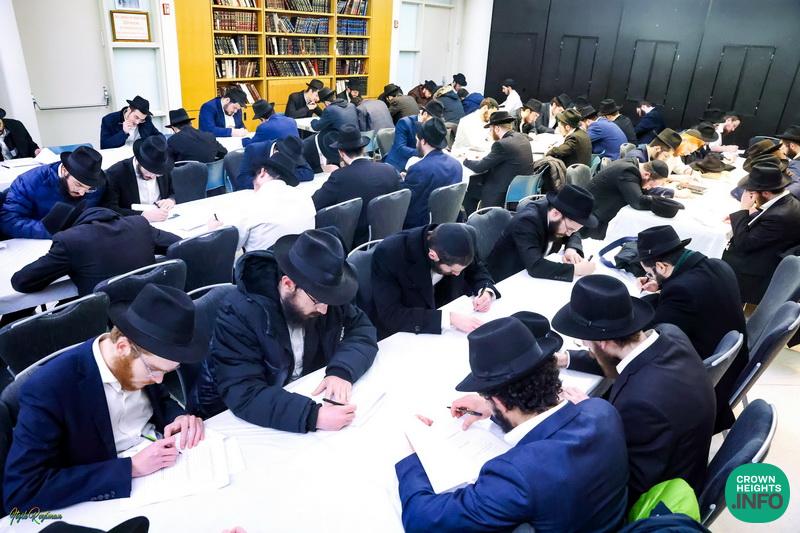
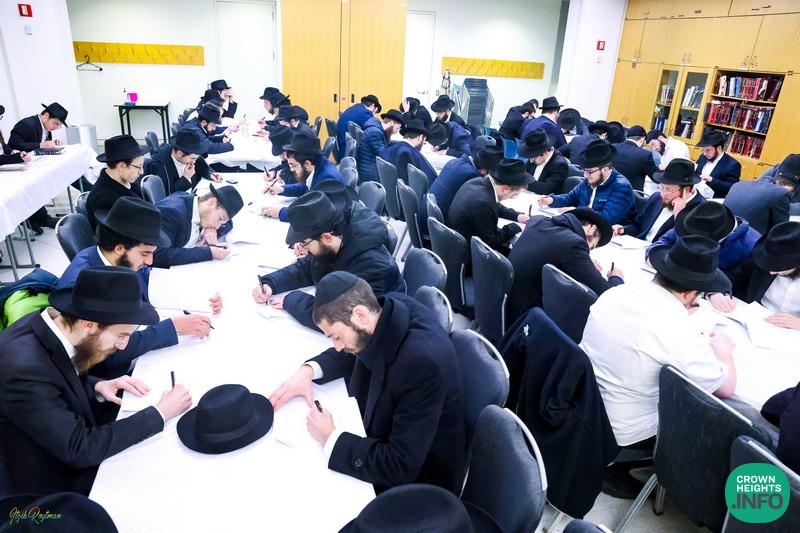
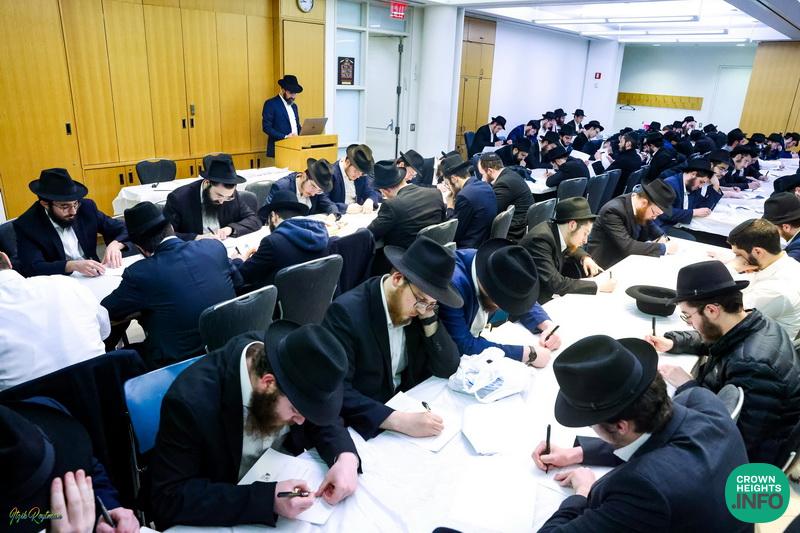
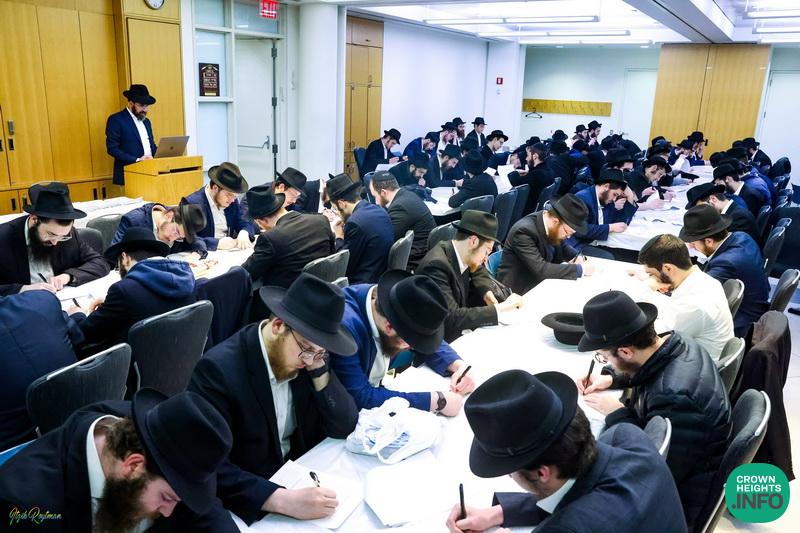
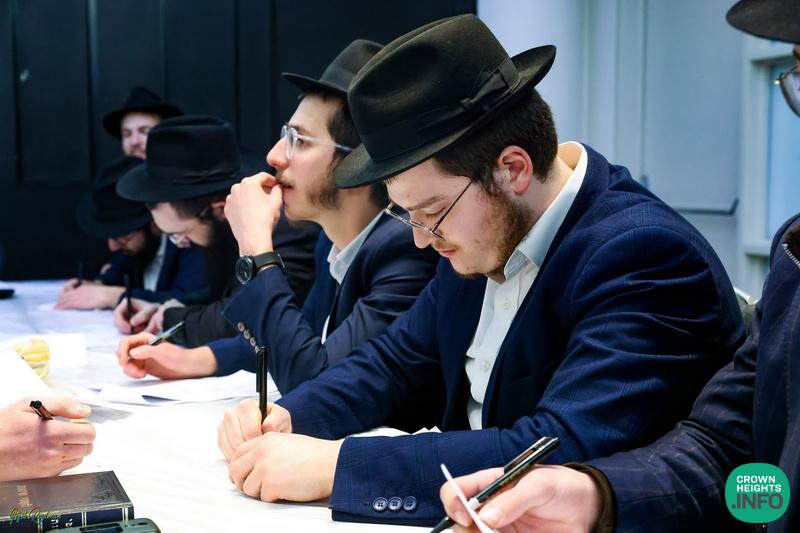
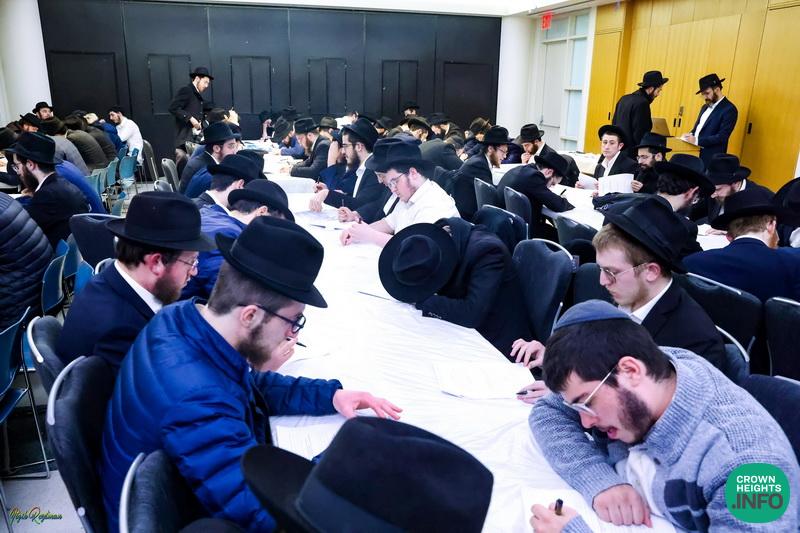
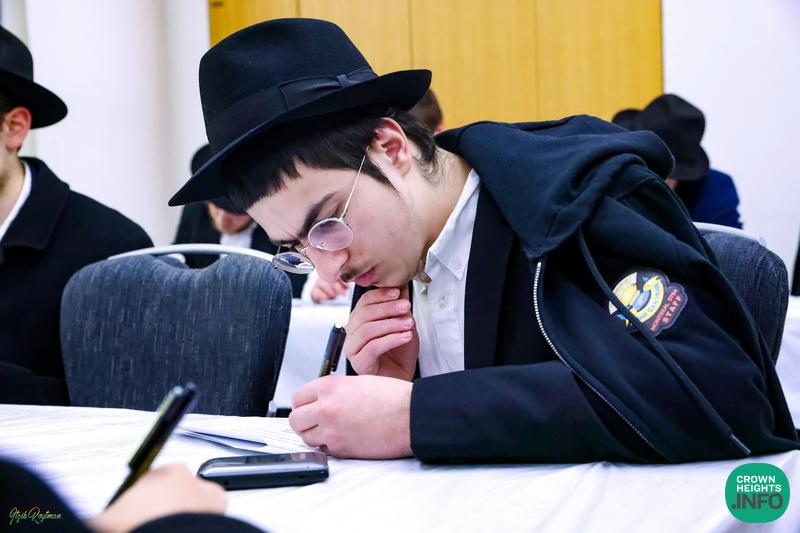
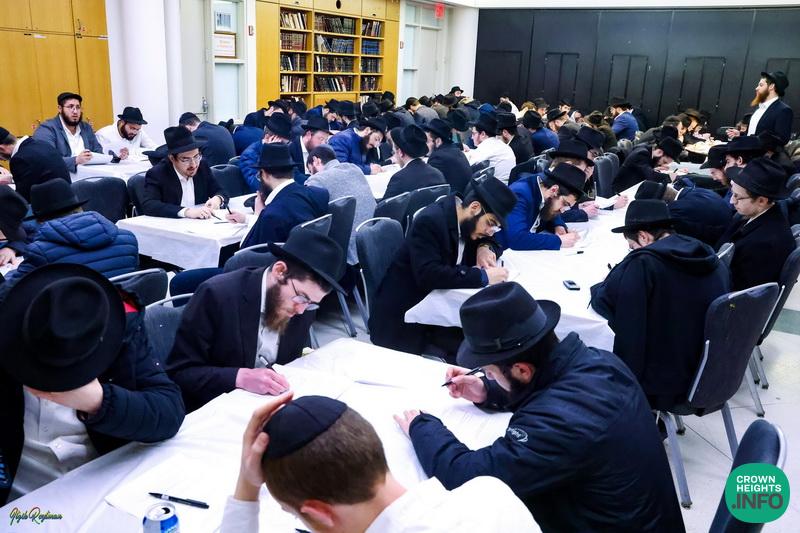
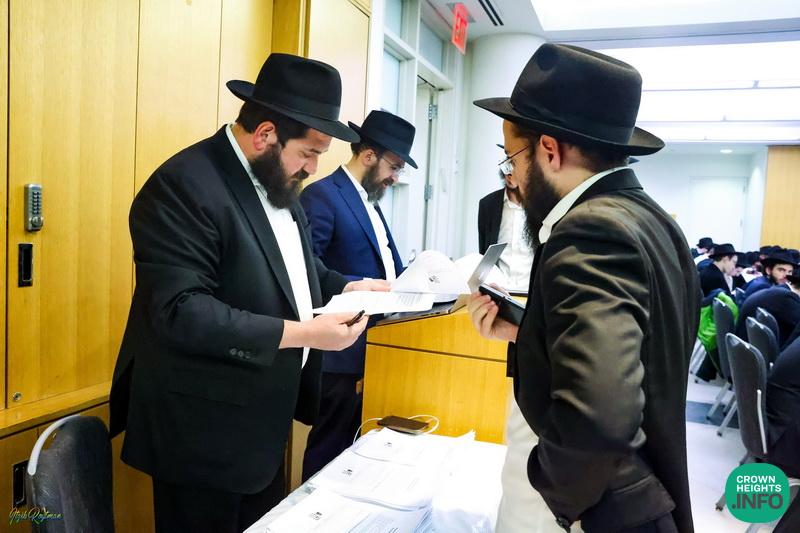
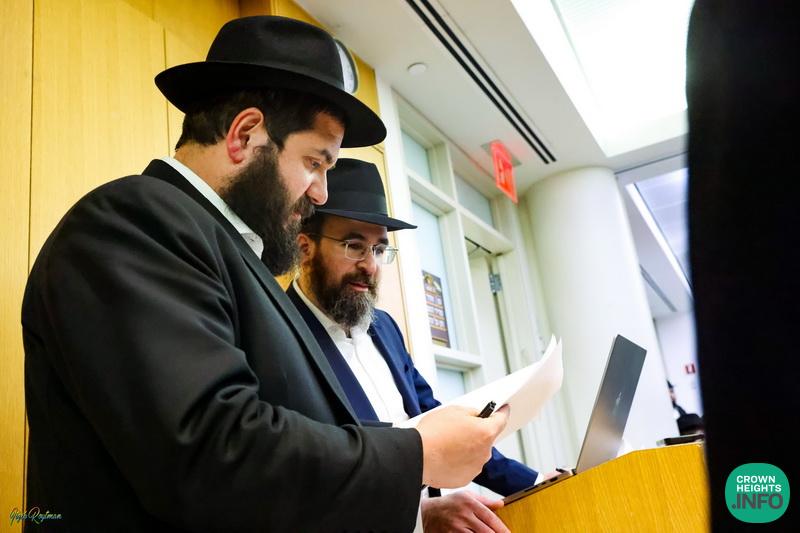
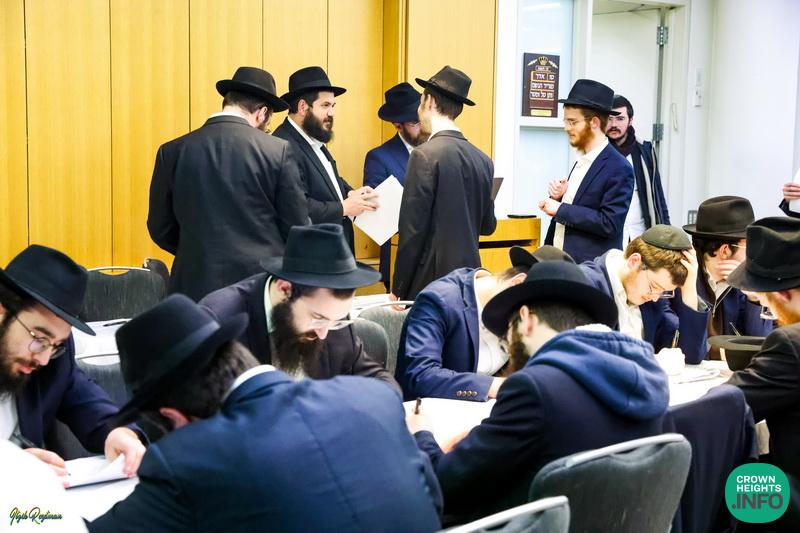
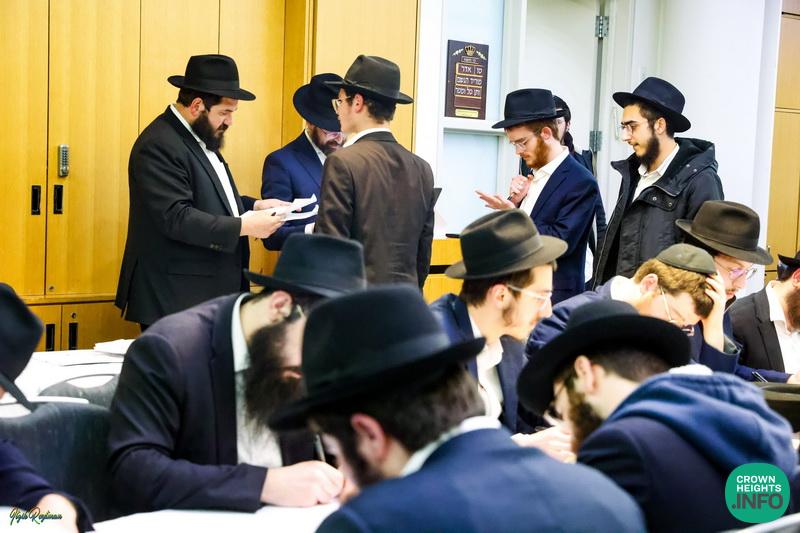
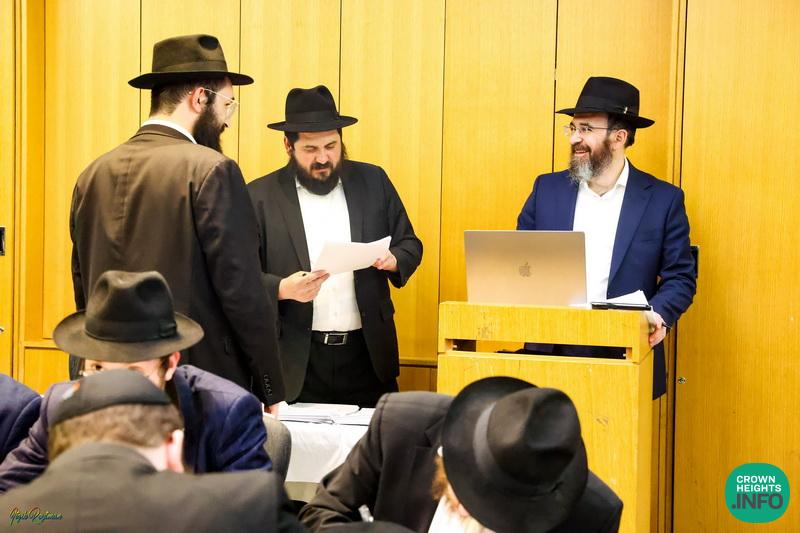
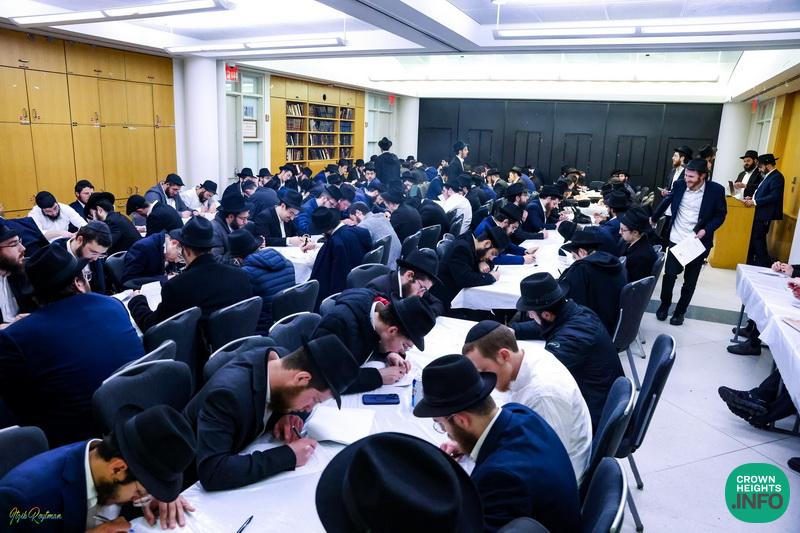
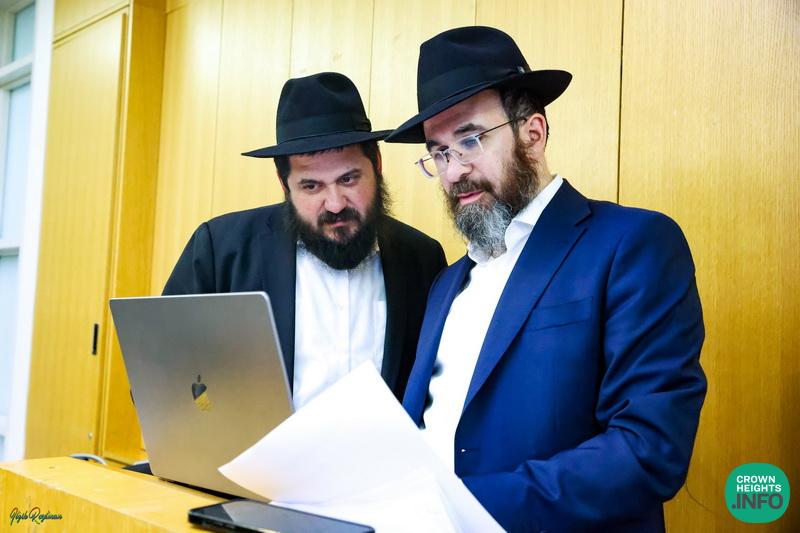
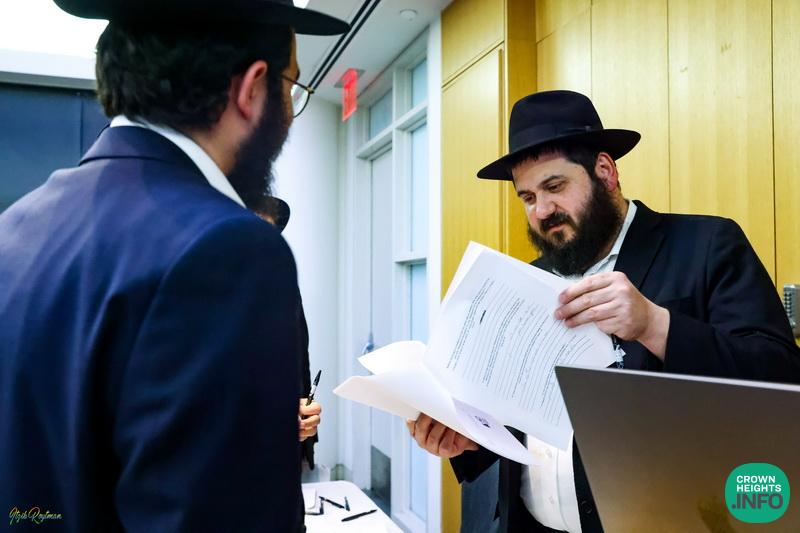
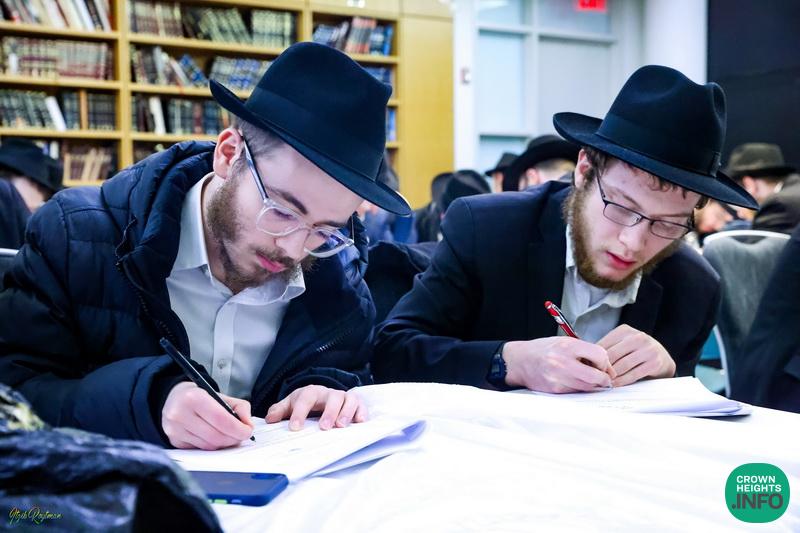
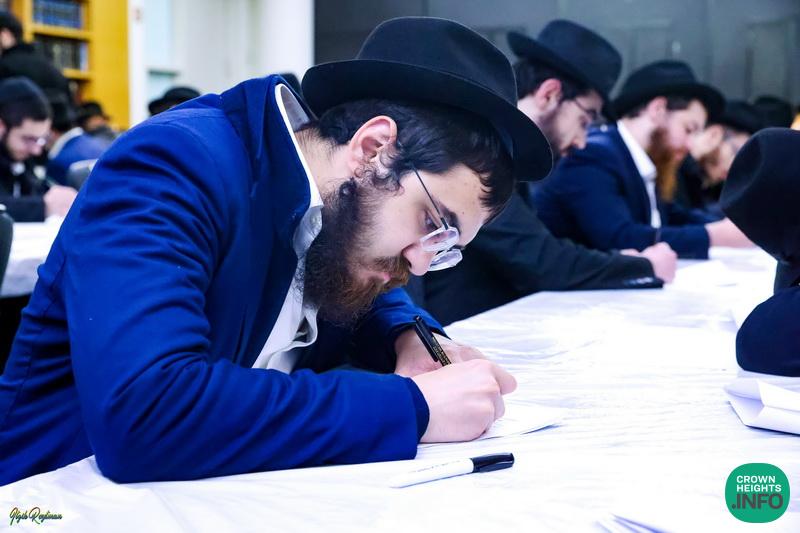

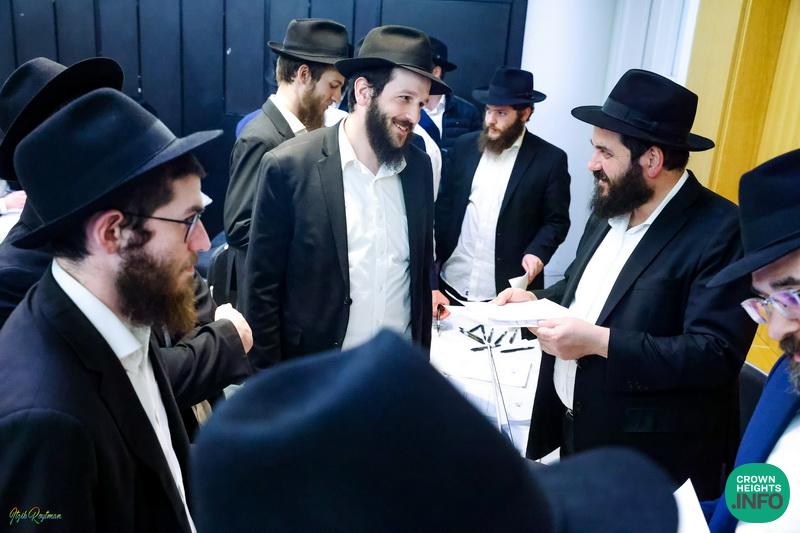
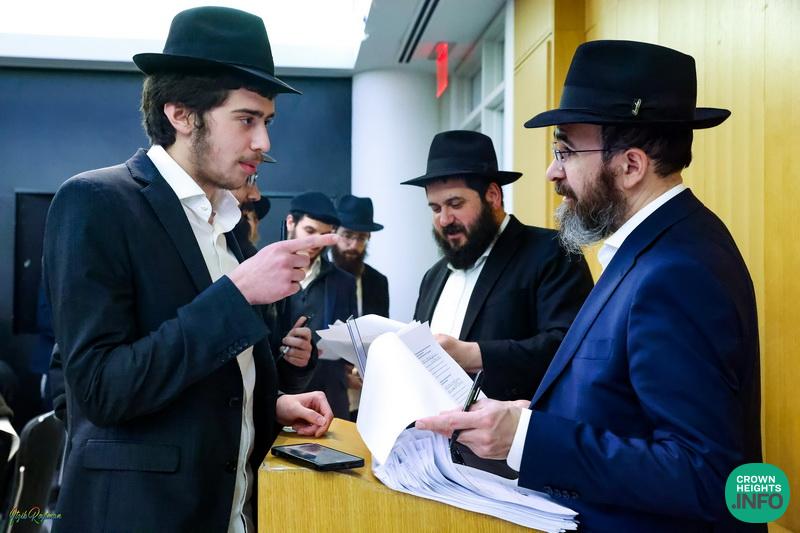
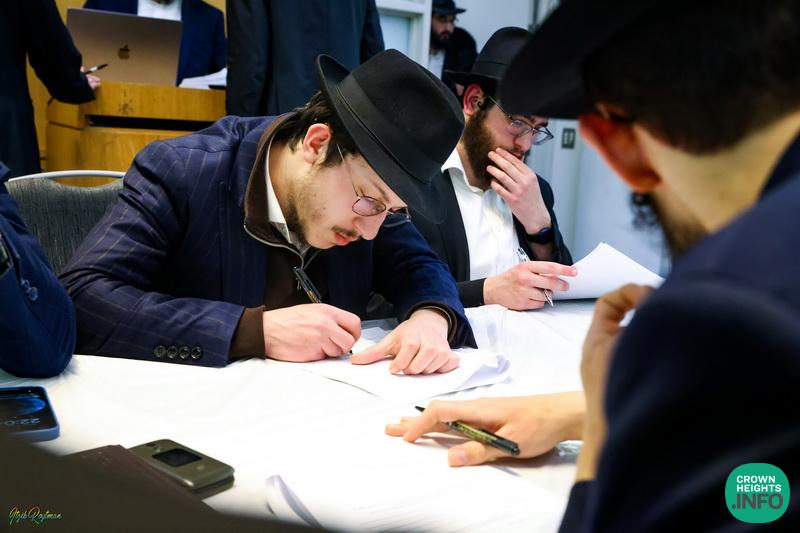
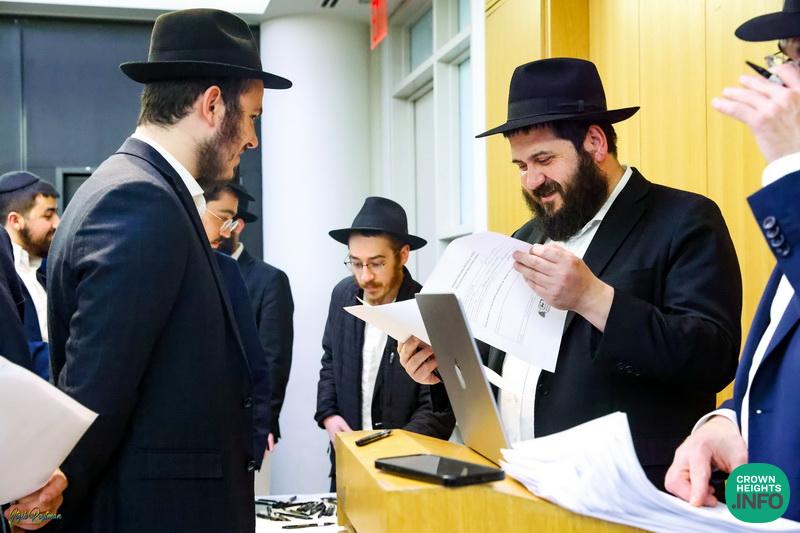
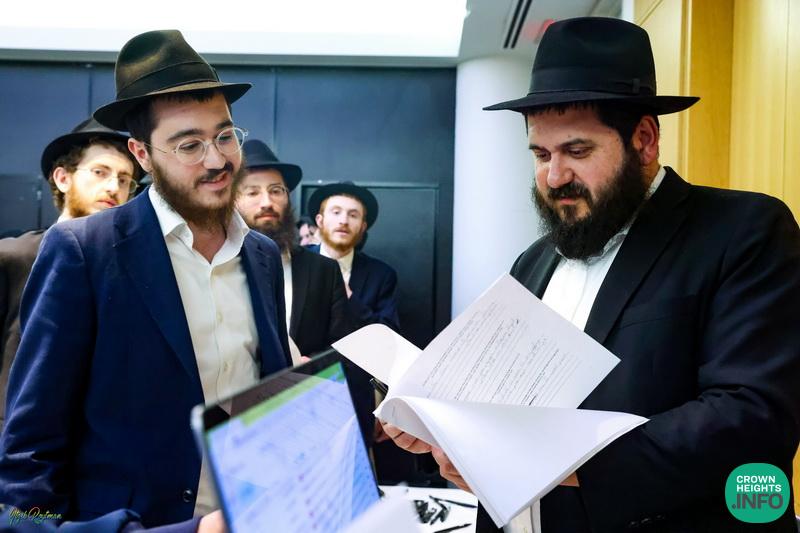
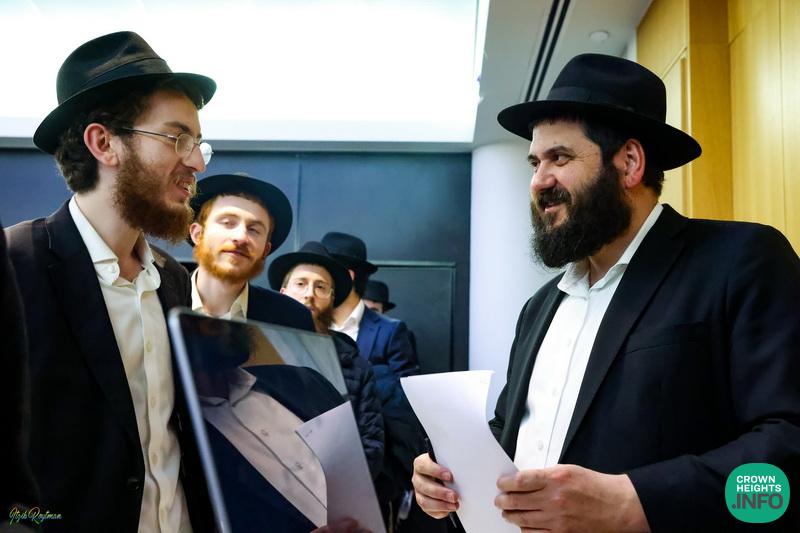
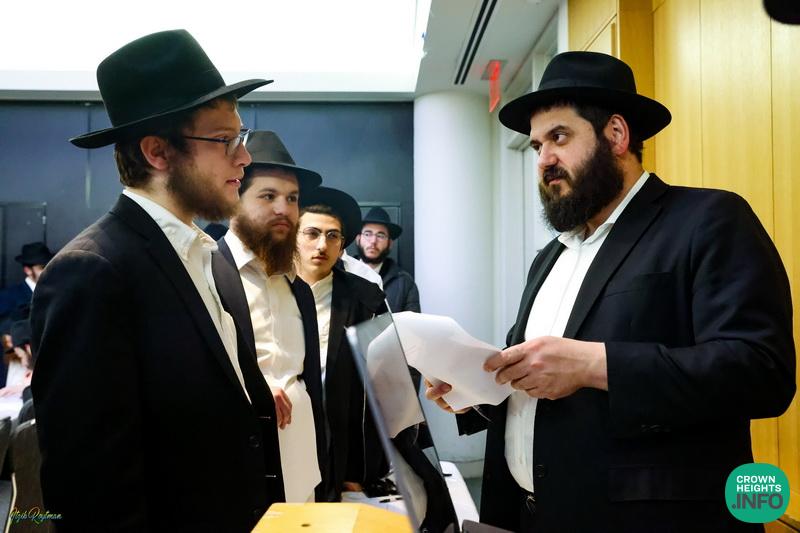
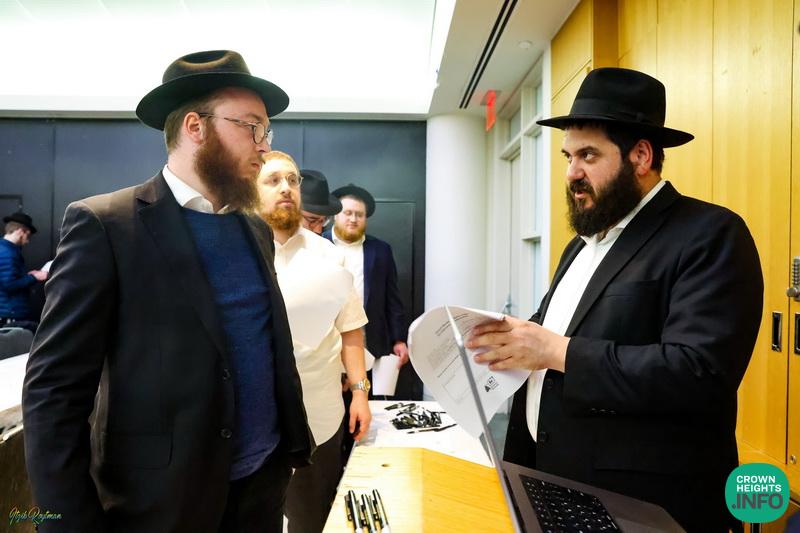
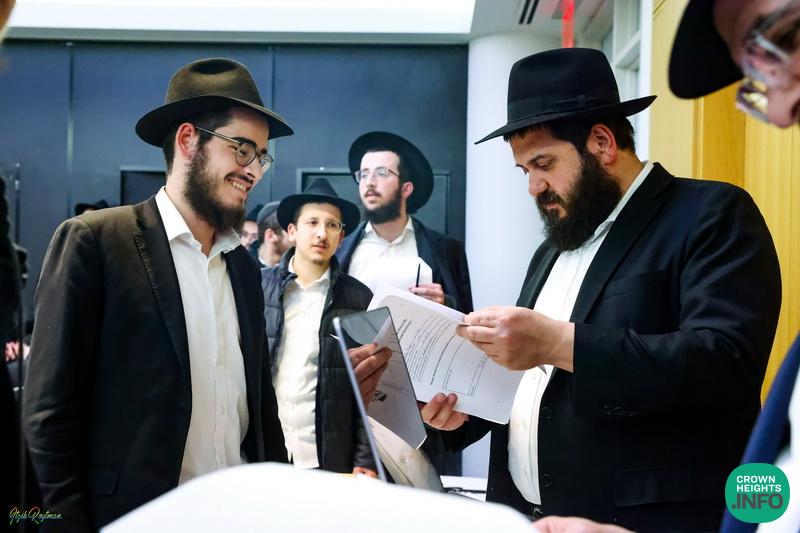













Brilliant!
They should do this before every shliach and shlucha goes out – customized test depending on the type of shlichus they will be doing. And then, every few years they renew their ‘certification’ by passing this test. Topics should be on basic kashrus (like what you can serve at your communal parties), mi yehudi, and common questions asked and how to respond apolitical but unapologetically…